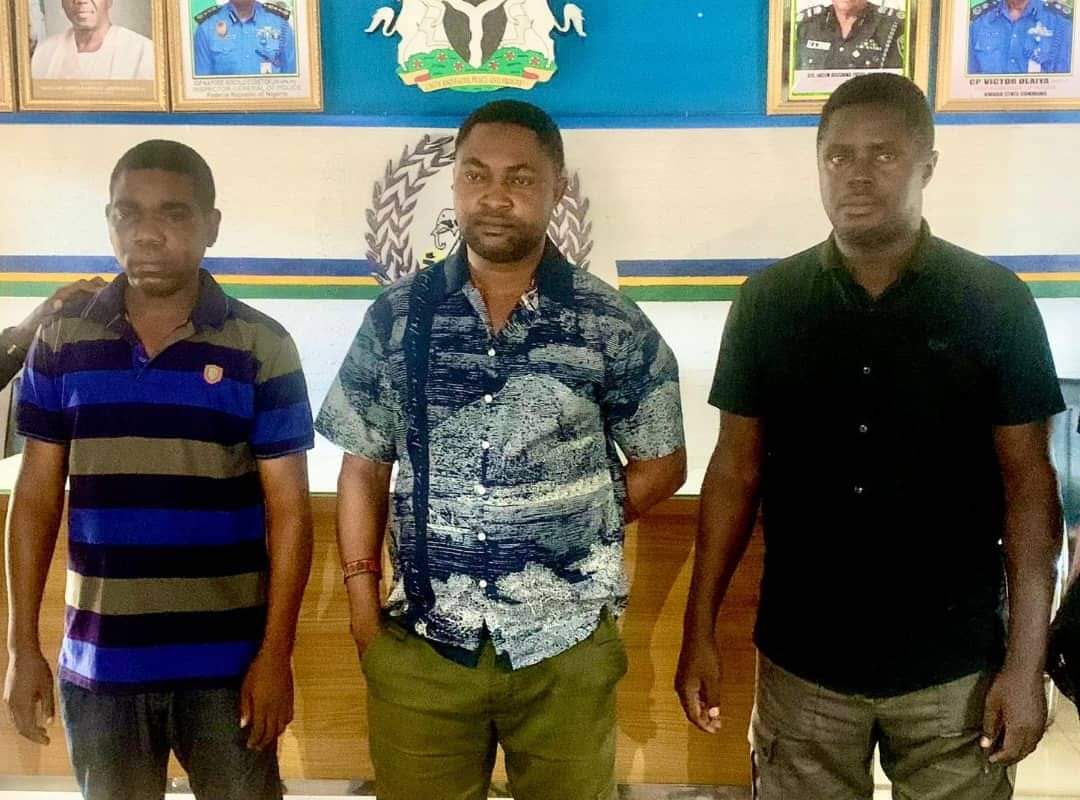As part of surveillance and preparedness measures to handle the cholera outbreak, the Federal Capital Territory (FCT), through its Public Health Department (PHD), has activated the Cholera Emergency Operations Centre in the nation’s capital.
Permanent secretary of the FCT Health Services and Environment Secretariat, Dr Baba Adam, emphasised that the activation was necessary in light of the number of reported cholera cases across Nigeria’s 36 states.
Dr Adam, who spoke while activating the Cholera Emergency Operations Centre, noted that as an emerging city, the FCT is at risk of cholera and is taking proactive steps to prevent and contain the spread of the disease in the event of an outbreak.
The permanent secretary also affirmed that the secretariat would spare no resources or efforts to prevent a cholera outbreak in the FCT.
He directed all relevant stakeholders to be involved in developing effective, reliable strategies to prevent the disease.
Following this directive, the FCT Public Health Department organised a Cholera Update meeting, bringing together key stakeholders to discuss the cholera situation in the FCT. The meeting included mapping high-risk areas and defining the roles and responsibilities of each stakeholder in addressing the situation.
At the meeting, the acting director of the FCT Public Health Department, Dr. Dan Gadzama, said, “The FCT recently recorded about 32 suspected cases, with three laboratory-confirmed cases and eight confirmed cases through Rapid Diagnostic Tests.” He explained that this prompted the activation of the Cholera Emergency Operations Centre to prevent the escalation and spread of the disease.
Dr. Gadzama further explained that cholera is an infectious bacterial disease caused by Vibrio cholerae, which spreads through contaminated food, water, and faeces.
He stressed the importance of addressing environmental factors in controlling the disease and mentioned the active engagement of the Abuja Environmental Protection Board (AEPB) in cholera control efforts.
Earlier in the meeting, the FCT State Epidemiologist, Dr. Lawal Ademola, emphasised that “Cholera is primarily associated with a lack of potable drinking water, poor sanitation, and poor food hygiene. Addressing these issues will significantly reduce the risk of cholera outbreaks.”
With the confirmation of two cases in the FCT, Dr Ademola explained that the FCT Public Health Emergency Operations Center (FCT-PHEOC) is now in response mode and will continue public awareness campaigns on the prevention, early detection and reporting of not only cholera but also other diseases such as Mpox.
.png)
 2 hours ago
4
2 hours ago
4









 English (US) ·
English (US) ·